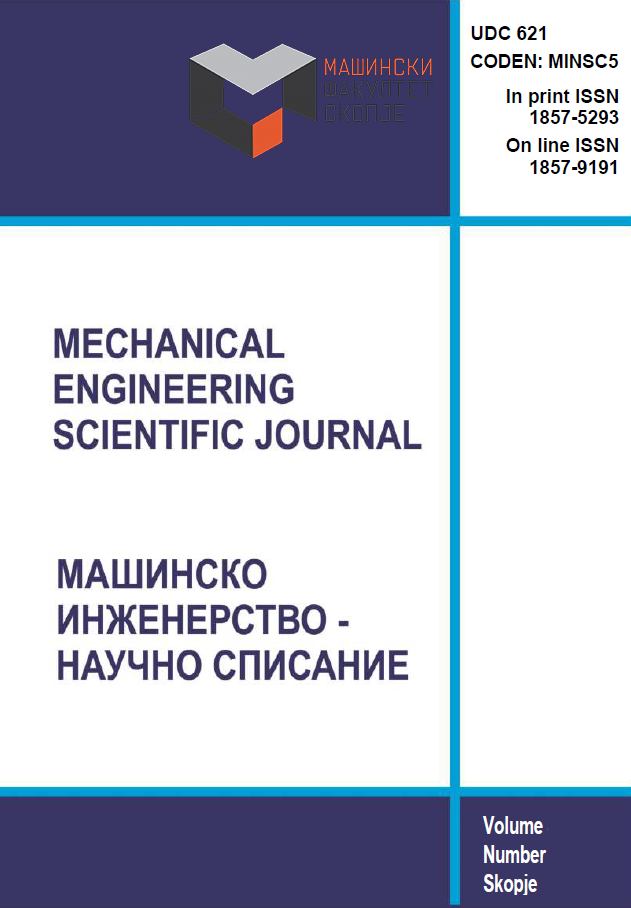665.VEHICLE HANDLING ENHANCEMENT EMPLOYING FOUR-WHEEL INDEPENDENT STEERING SYSTEM USING SLIDING MODE CONTROL
DOI:
https://doi.org/10.55302/MESJ23411665071ch%20Keywords:
4WIS, Sliding mode control, Steer-by-wire, Ackermann geometryAbstract
The demand for safer vehicle transportation and future automated vehicles will open the possibility for implementation of steer-by-wire (SbW) vehicle steering system. Application of this system would not be exclusive only for the front axle, but for the rear axle as well. Current four-wheel steering (4WS) systems are designed and applied using Ackermann steering geometry. Due to the vehicle designs requirements, an ideal Ackermann geometry is never achieved and steering kinematics may result in two instantaneous centres of rotation during vehicle cornering. To avoid this, a control strategy for a four-wheel independent steering (4WIS) is proposed where the four independently steered wheels attempt to achieve single instantaneous centre of rotation using sliding mode controller (SMC). As a reference model a 2DOF nonlinear vehicle bicycle model is used. The 4WS and 4WIS two-track vehicle models are created using MATLAB/Simulink and tested with manoeuvres defined by the standard ISO 7401.Downloads
Published
29-06-2023
How to Cite
1.
Vasko Čangoski, Igor Ǵurkov, Darko D, Vase J. 665.VEHICLE HANDLING ENHANCEMENT EMPLOYING FOUR-WHEEL INDEPENDENT STEERING SYSTEM USING SLIDING MODE CONTROL. MESJ [Internet]. 2023 Jun. 29 [cited 2026 Feb. 28];41(1):59-71. Available from: https://mesj.ukim.edu.mk/journals/article/view/97
Issue
Section
Articles





